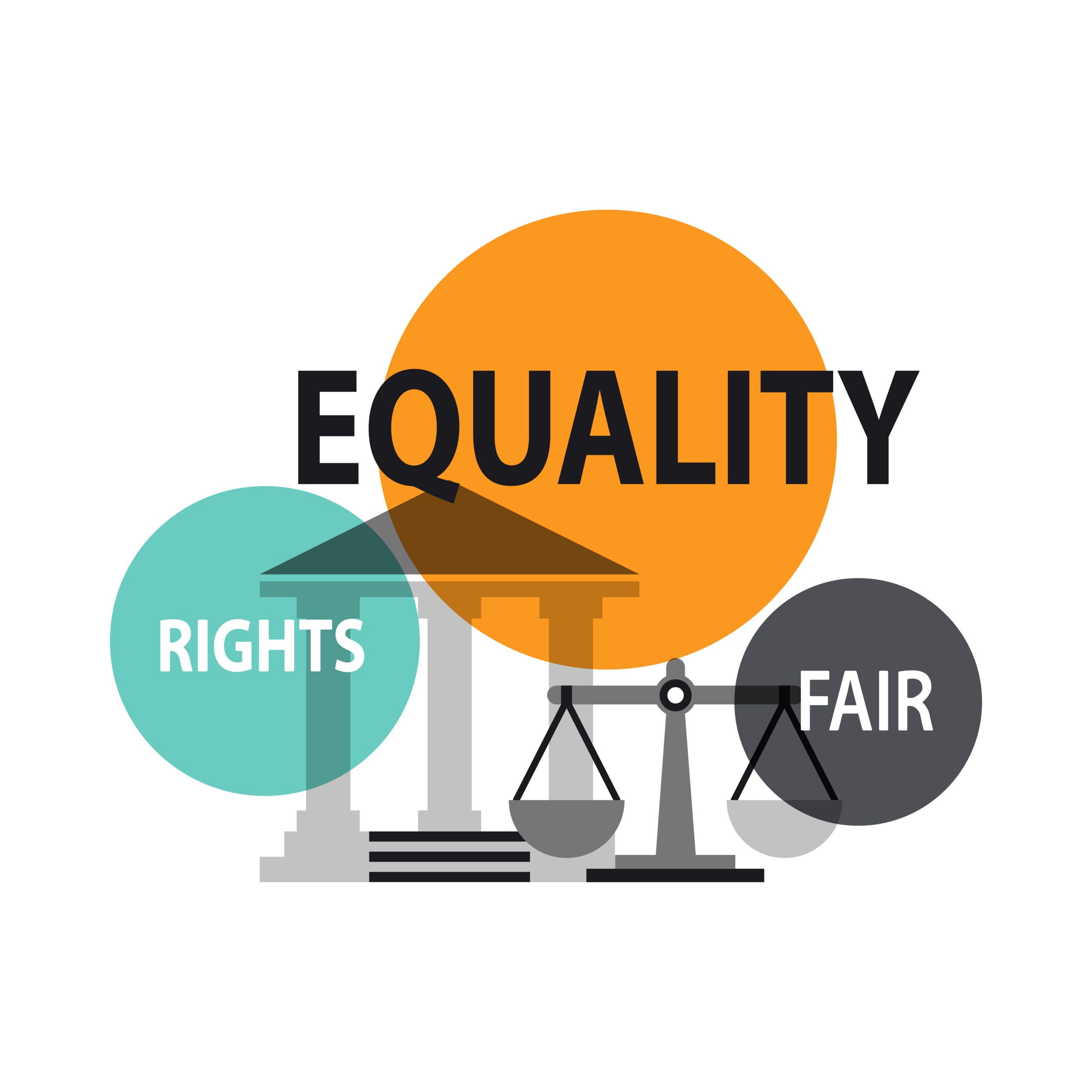The 11th Session of the African Regional Forum on Sustainable Development Goals (ARFSD11) was held in Kampala, Uganda, at the Speke Resort Convention Centre, Munyonyo, from 6th to 11th April, 2025, under the theme; Driving job creation and economic growth through sustainable, inclusive, science-and evidence-based solutions for the 2030 Agenda and Agenda 2063. The Development Eye Initiative ensured that three Usisi Amandla Fellows participated in the forum to gain more knowledge about the SDGs, enhance their policy analysis skills and network with the global community at the forum. We held a discussion with all 3 of them to understand their impression of the Forum, what they learnt and how they feel the SDGs agenda is transforming the African continent. We share their interview with Bashira Nantongo, Patience Baseka Atuhaire and Peninah Twikirize the 2024 Usisi Amandla Fellows
Tell us about yourself
Bashira: My name is Nantongo Bashira, a lecturer at the Islamic University in Uganda’s female campus and a 2024 Usisi Amandla Fellow.
Patience: I am Atuhaire Baseka Patience, a programmes officer at Guild Presidents Leadership Academy, a public policy analysis student, and a climate change advocate. I am also a 2024 Usisi Amandla Fellow.
Peninah: I am Peninah Twikirize, a Team Leader at Solidlinks Initiative for Development and a 2024 Usisi Amandla Fellow.
Briefly share your take-away from the 11th Session of the Africa Regional Forum on Sustainable Development (ARFSD)
Bashira: My takeaway from the 11th ARFSD was that Africa has all it takes to be the “boss” of the world, considering its natural resources and their contributions to the world’s technological advancements. Additionally, Africa produces what they do not consume and consumes what they do not produce, which has left Africa at the verge of underdevelopment given the fact that we export raw materials at incredibly low prices and import finished goods at very high prices. Conclusively, my main takeaway remains that Africa’s leadership has a high implication for its current fate in all sectors.
Patience: During the 8th Africa Leadership Forum, which was held as part of the 11th ARFSD, I learnt that Africa has all the solutions to its problems and only requires an urgent rise of stronger and more accountable leadership for sustainable development. It is this leadership that can enable us to learn from each other as nations, utilise our resources better, and personalise our solutions through innovation and integration with culture. Such as increasing our ambitions in the Nationally Determined Conditions (NDCs) as part of the Paris Agreement, increasing climate financing, capacity building to enhance resource utilisation, and creating accountability patterns in society.
Peninah: Having attended the side event on Children and Youth and listening to one of the panellists – a student requesting the government for basic education, lunch and handwashing facilities at their schools – got me thinking about how Solidlinks could incorporate the handwashing facilities in all the community schools where we are implementing the school feeding programme. Hand washing with soap is very essential for the young children to prevent the deadly infections, yet it has always been neglected.
Of the 17 SDGs, which particular SDG do you think Uganda has effectively realised and why?
Bashira: Out of the 17 SDGs, Uganda has fairly realised SDG 4 and 5. The revision of the lower secondary curriculum introducing the competence-based curriculum is great progress due to the chance it gives the learner to contribute and innovate, unlike the previous curriculum. The revision of the curriculum and the accreditation of vocational institutions are great progress since they increase chances of nurturing innovative generations and limit numbers of job seekers, which will later increase chances of Uganda realising SDG1. Conclusively, Uganda has attained gender equality in regards to representation in leadership and appointments in public service. Uganda has fully utilised the affirmative action since over 148 districts in Uganda have Woman Members of Parliament (WMPs), while there are no limitations to women aspiring to direct seats, though there still remain great hindrances to achieving this effectively. Although women have attained senior positions in the executive and legislature, they still occupy only 30% in the entire Parliament. Gender equality has been partially realised, yet we are positive and believe we are almost there.
Patience: SDG 3, where we see that Uganda has had very serious progress in good health and well-being. Despite the 2020 Covid-19 pandemic, Uganda has registered serious improvement in the health sector through an increase in the health sector budget, an increase in immunisation by over 85%, a drop in malaria prevalence rate, an increase in mental health awareness initiatives, and a continuous decrease in HIV prevalence from around 7.1% to less than 5%. Many people in the public also attest to the improvement in the quality of services provided by public hospitals.
Peninah: Uganda has effectively realised SDG 15 (Life on Land) because of the approach of involving communities in protecting natural resources. Communities neighbouring national parks and forests have been provided with alternative livelihoods such as ecotourism, beekeeping, revenue sharing and sustainable harvesting of forest products, a model that has created a sense of ownership among local populations. This has also enticed communities to report illegal activities and participate in forest and wildlife protection because they see tangible benefits of conserving the environment.
Which policy actions do you think will be relevant in driving Uganda’s ambition to achieve the SDGs?
Bashira: Uganda has all relevant policies, but challenges are always in implementation and corruption. In other words, the National Development Plan IV (NDP), Parish Development Model (PDM), SAGE, USE, UPE, and other policy plans have been put to paper but lack thorough implementation.
Patience: Strengthening the mandate of the National SDG secretariat to coordinate structural actions as well as increasing local resource allocation for better implementation of SDGs
Peninah: The policy action that will enable Uganda to achieve the SDGs will be the introduction of competence-based curricula that emphasises critical thinking, digital literacy and life skills. This curriculum equips learners with practical skills, enabling them to be innovative and meet the needs of our country. It not only produces job seekers but also job creators for the country.
Please state the contributory role of women in achieving the SDGs
Bashira: Women have a critical role to play in the implementation of all the SDGs since over half of the world population is female and they are the most vulnerable, so their contributory role in realising the 17 SDGs cannot be underestimated. Women are the champions of progress since they give life to humanity. However, this role has been undermined due to cultural, religious and social challenges to the extent that women do not believe in their ability to control the world.
Patience: Over time, there has been a significant increase in women-led and -centred initiatives working on SDG implementation. Ranging from an increase in Savings and Credit Associations uplifting women economically to a rise in leadership. Women are leading the innovation of solutions to their problems, such as MSCAN, a portable mobile technology easing access to ultrasound for expecting mothers, supporting the community, and improving maternal health care, among other innovations.
Peninah: Empowerment of women and their involvement in diverse development outcomes catalyses the achievement of the SDGs. Women make up about 80% of Uganda’s agricultural labour force, making them great contributors to SDG 2 (Zero Hunger). Women are champions of education, as you know the common adage: “If you educate a woman, you educate the whole nation.” Educated women will ensure that their children are educated and the entire family lives a healthy life. Women’s rights organisations like the Uganda Women’s Network (UWONET) and the Forum for Women in Democracy (FOWODE) play a vital role in promoting human rights. More so, women in leadership foster inclusive policies and peacebuilding.
Share your parting shots about the 11th ARFSD.
Bashira: The youth should steer the realisation of the 17 SDGs since they are the leaders of today. This also applies to the women who should engage in discussions of sustainable development to ensure inclusive deliberations. The women and youth should know “IF YOU ARE NOT ON THE DINNER TABLE, YOU WILL END UP ON THE MENU”.
Patience: The 11th ARFSD was expected to inform Africa’s collective input on SDG achievement, which was evaluated and revealed Africa’s shortage and lag in acceleration. The event also laid a strong position for Africa on the global stage as side events amplified youth voices and the strategic role of women as co-pilots in development. Brilliant local innovations were exhibited in energy, digital economy, and agriculture. The Science, Technology and Innovation event challenged us to drive development through data, technology, and equity. The forum also emphasised job creation alongside climate action and ended with the Kampala Declaration that encourages the strengthening of regional integration, economic growth, science-based public policy, and other agreed-upon issues through the event.
Peninah: Africa has the capacity to develop without foreign aid. All we need to do is utilise the available natural resources sustainably and innovatively by embracing technology. We need to promote practical curriculum and Science, Technology, Engineering and Mathematics (STEM) subjects which meet the continent’s needs.


